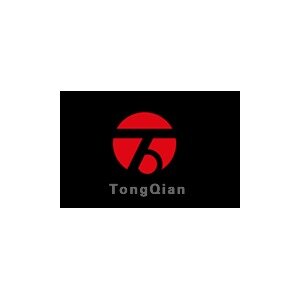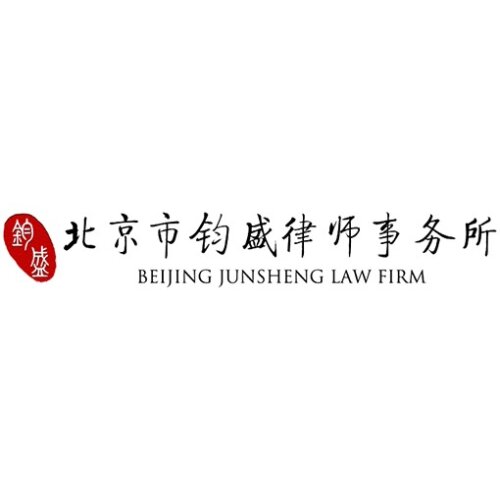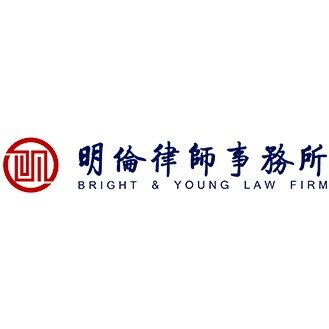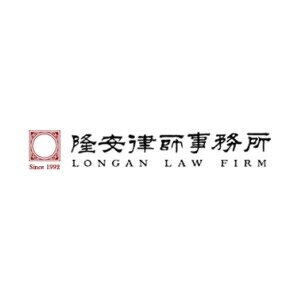Best Job Discrimination Lawyers in China
Share your needs with us, get contacted by law firms.
Free. Takes 2 min.
Or refine your search by selecting a city:
List of the best lawyers in China
About Job Discrimination Law in China
Job discrimination in China refers to unfavorable treatment in employment based on certain attributes such as gender, age, nationality, race, disability, or other non-job-related characteristics. The Chinese legal framework aims to promote equality and provide protection against such discrimination through various laws and regulations. The primary pieces of legislation include the Labor Law, the Employment Promotion Law, and the Law on the Protection of Rights and Interests of Women. Despite these legal protections, job discrimination remains a significant issue, prompting the need for individuals to seek legal recourse.
Why You May Need a Lawyer
There are numerous scenarios in which a person facing job discrimination in China may need legal assistance:
- You experience discriminatory hiring practices such as being denied a job due to age, gender, or ethnicity.
- Your employer enforces discriminatory workplace policies, such as unequal pay based on gender or race.
- You face harassment or a hostile work environment due to protected characteristics.
- Your employer retaliates against you for filing a discrimination complaint.
- You are unlawfully terminated or demoted based on discriminatory criteria.
In these cases, having a lawyer can help you navigate the complexities of the legal system, gather and present evidence, and increase the likelihood of a favorable outcome.
Local Laws Overview
Several key laws and regulations in China tackle job discrimination:
- Labor Law of the People's Republic of China: Provides a general framework for labor rights and prohibits discriminatory practices against employees.
- Employment Promotion Law: Emphasizes fair employment opportunities and mandates measures to eliminate employment discrimination.
- Law on the Protection of Rights and Interests of Women: Prohibits gender discrimination in the workplace, ensuring equal rights for women in hiring, wages, and promotions.
- Regulations on Employment Service: Restricted employers from setting discriminatory conditions in job advertisements.
Understanding these laws is crucial for individuals seeking to challenge discriminatory practices legally.
Frequently Asked Questions
What constitutes job discrimination in China?
Job discrimination involves adverse treatment of employees or job applicants based on non-job-related characteristics such as gender, age, ethnicity, or disability.
Is gender discrimination common in China's workplaces?
Yes, gender discrimination, including practices such as unequal pay and limited promotion opportunities for women, is still prevalent in China’s workplaces despite legal protections.
How can I prove discrimination at my workplace?
Gather evidence such as emails, witness testimonies, and comparative data showing discrepancies in treatment or workloads compared to others not sharing your protected characteristics.
What steps should I take if I face discrimination at work?
Document all incidents, try resolving internally through HR, and if unresolved, consider filing a complaint with the relevant labor authorities or seek legal counsel.
Does China have any specific laws addressing age discrimination?
While not specifically dedicated to age, the Employment Promotion Law emphasizes eliminating discrimination based on age among other attributes.
Can foreigners working in China seek legal recourse for job discrimination?
Yes, foreigners have the right to challenge discriminatory practices in China and should seek legal advice to navigate the country's labor laws effectively.
Are there time limits for filing discrimination claims in China?
Yes, there are time limits. Typically, claims should be filed within one year from the occurrence of the discriminatory act.
Is it possible to obtain compensation for job discrimination in China?
Yes, victims of job discrimination may be entitled to compensation, including economic losses, if they can substantiate their claim in court or through mediation.
What role do labor unions play in addressing job discrimination?
Labor unions can advocate for employee rights and offer support in addressing and mediating discrimination complaints.
Can I face retaliation for filing a discrimination complaint?
Retaliation is prohibited by law, and those facing retaliatory actions for filing a complaint have the right to seek legal protection and remedies.
Additional Resources
For additional help and resources, consider reaching out to the following organizations and bodies:
- Ministry of Human Resources and Social Security (MOHRSS)
- All-China Federation of Trade Unions (ACFTU)
- All-China Women's Federation
- Legal Aid Centers - Available in major cities, offering free or low-cost legal assistance.
- Non-Governmental Organizations (NGOs) focusing on labor rights, such as Beijing Yilian Legal Aid and Research Center of Labor.
Next Steps
If you need legal assistance in job discrimination, consider the following steps:
- Start by documenting all incidents of discrimination and gathering any supporting evidence.
- Seek an initial consultation with a legal professional specializing in employment law to understand your options.
- Explore mediation as an alternative dispute resolution option before proceeding to court.
- File a formal complaint with the local labor bureau if internal resolution mechanisms fail.
- Consider hiring an experienced lawyer to represent you in negotiations, mediation, or court proceedings to ensure your rights are protected.
Lawzana helps you find the best lawyers and law firms in China through a curated and pre-screened list of qualified legal professionals. Our platform offers rankings and detailed profiles of attorneys and law firms, allowing you to compare based on practice areas, including Job Discrimination, experience, and client feedback.
Each profile includes a description of the firm's areas of practice, client reviews, team members and partners, year of establishment, spoken languages, office locations, contact information, social media presence, and any published articles or resources. Most firms on our platform speak English and are experienced in both local and international legal matters.
Get a quote from top-rated law firms in China — quickly, securely, and without unnecessary hassle.
Disclaimer:
The information provided on this page is for general informational purposes only and does not constitute legal advice. While we strive to ensure the accuracy and relevance of the content, legal information may change over time, and interpretations of the law can vary. You should always consult with a qualified legal professional for advice specific to your situation.
We disclaim all liability for actions taken or not taken based on the content of this page. If you believe any information is incorrect or outdated, please contact us, and we will review and update it where appropriate.
Browse job discrimination law firms by city in China
Refine your search by selecting a city.















